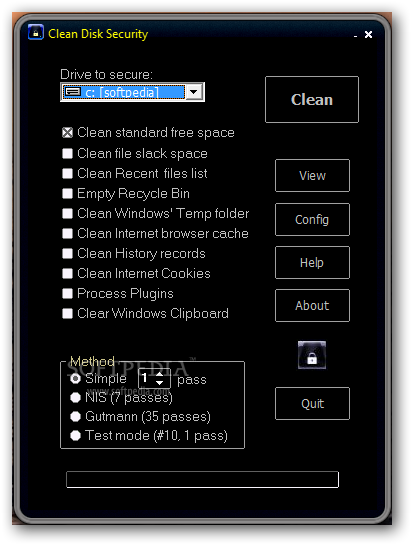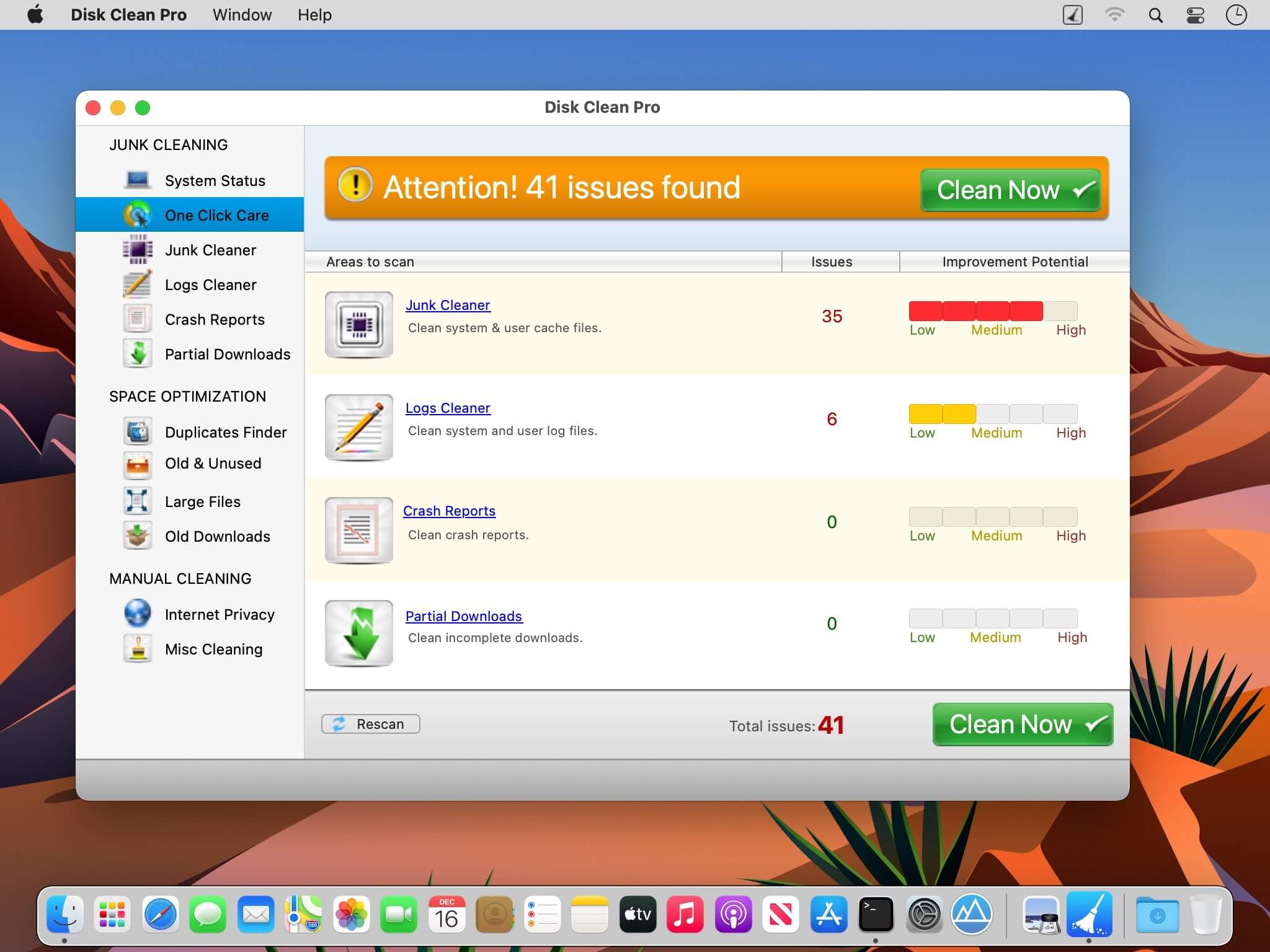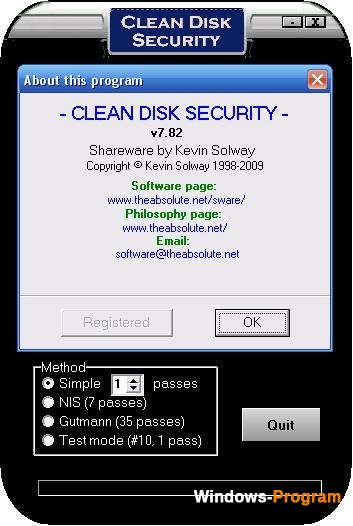
- #CLEAN DISK SECURITY 8.03 SOFTWARE#
- #CLEAN DISK SECURITY 8.03 LICENSE#
- #CLEAN DISK SECURITY 8.03 FREE#

#CLEAN DISK SECURITY 8.03 FREE#
Any domain administrator wishing to obtain free SSL certificates trusted by almost all platforms may stand up an ACME client which points at Let’s Encrypt’s ACME server. Let’s Encrypt is “a free, automated, and open certificate authority (CA), run for the public’s benefit.” Let’s Encrypt accomplishes this by running an ACME server. This framework greatly simplifies the traditional SSL certificate lifecycle which is cumbersome and varies from CA to CA. At a high level: ACME is an automated framework for obtaining and renewing SSL certificates for your domain so that you may enable SSL / TLS in your web server. Since the web clients trust the CA and the CA signed the SSL certificate presented by the web server, the web client can trust the web server and will proceed to securely transact with it.ĪCME is an acronym: Automatic Certificate Management Environment. Once this CA-signed SSL certificate is installed in the organization’s web server, it is presented to any web client which connects to it.
#CLEAN DISK SECURITY 8.03 LICENSE#
If everything checks out, the CA issues the SSL certificate binding the organization to their domain, just like a government agency issuing a person a valid driver’s license certifying the person’s identity and their right to use the roads. The CA may perform background checks to verify that the organization is legit and truly controls the domain associated with their CSR. This is like a person applying for a driver’s license. When an organization wishes for web clients to trust their web server at their domain, they issue a Certificate Signing Request (CSR) and send this to a CA. Your browser trusts these CAs and it is these CAs’ responsibility to verify that an organization controls a domain. Your web browser maintains a list of root certificates issued by third parties called Certificate Authorities (CAs). By default, your web browser will not trust any SSL certificate presented by a web server. SSL certificates are used as a part of TLS in order for a web server (such as Ignition’s Gateway) to identify itself to a web client (such as your web browser) and to provide a key for encrypted communications. TLS allows for secure communications over an insecure network such as the Internet.


In order to perform sensitive transactions on the web securely, we rely on Transport Layer Security (TLS), which supersedes Secure Sockets Layer (SSL). Backgroundīefore we move any further, it is important to have a basic understanding of SSL certificates, the ACME framework, and the Let’s Encrypt service. This document walks through one example for integrating Ignition with Let’s Encrypt. This capability enables Ignition to play well with services such as Let’s Encrypt which provide for automatic SSL certificate management. Ignition 8.0.3 introduces support for hot-reloading the Gateway’s SSL key store.
#CLEAN DISK SECURITY 8.03 SOFTWARE#


 0 kommentar(er)
0 kommentar(er)
